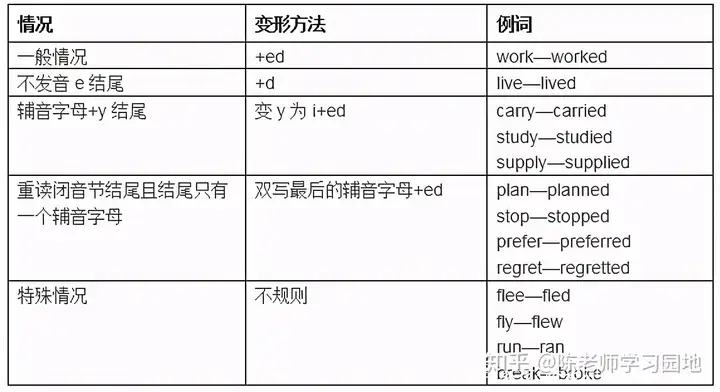╩ūĒō(y©©)
įćŠĒīÜ
░┘╚f(w©żn)šµŅ}
ł¾┐╝
éõ┐╝
Ė▀ųą
Ņ}Äņ
ų¬ūR³c(di©Żn)
šZ(y©│)╬─
öĄīW(xu©”)
ėóšZ(y©│)
╬’└Ē
╗»īW(xu©”)
│§ę╗
│§Č■
│§╚²
2024ųą┐╝
łDĢ°(sh©▒)
║Žū„
ĪĪĪĪĪĪ ĪĪĪĪ
ĪĪĪĪĪĪ ĪĪĪĪ
ĪĪĪĪĪĪ ĪĪĪĪ
ĪĪĪĪĪĪ ĪĪĪĪ
ĪĪĪĪĪĪ ĪĪĪĪ
ĪĪĪĪĪĪ ĪĪĪĪ
- įćŅ}Ż║šZ(y©│)╬─šµŅ} ŠÜ┴ĢŅ} į┬┐╝ Ų┌ųą Ų┌─®
- ų¬ūR³c(di©Żn)Ż║┐╝³c(di©Żn)Ęų╬÷ ūųę¶ūųą╬ į~šZ(y©│)ĮŌßī ╬─īW(xu©”)│ŻūR ╬─čį╬─ ¼F┤·╬─ķåūx
- įćŅ}Ż║ öĄīW(xu©”)šµŅ} ŠÜ┴ĢŅ} į┬┐╝ Ų┌ųą Ų┌─®
- ų¬ūR³c(di©Żn)Ż║┐╝³c(di©Żn)Ęų╬÷ ╚²ĮŪ║»öĄ ╚²ĮŪą╬ īŹ(sh©¬)öĄ Č■┤╬║»öĄ ę╗į¬Č■┤╬ĘĮ│╠ łA
ĪĪĪĪĪĪ ĪĪĪĪ
- įćŅ}Ż║ ╬’└ĒšµŅ} ŠÜ┴ĢŅ} į┬┐╝ Ų┌ųą Ų┌─®
- ų¬ūR³c(di©Żn)Ż║┐╝³c(di©Żn)Ęų╬÷ ╣ŌĄ─Ę┤╔õ ē║┴”ē║ÅŖ ║å(ji©Żn)å╬ÖCąĄ ļŖ┬Ę┼cļŖ┴„ ÜW─ĘČ©┬╔
- įćŅ}Ż║ ╗»īW(xu©”)šµŅ} ŠÜ┴ĢŅ} į┬┐╝ Ų┌ųą Ų┌─®
- ų¬ūR³c(di©Żn)Ż║┐╝³c(di©Żn)Ęų╬÷ ╦«Ą─śŗ│╔ ╦ßēA¹} ╠╝Ą─č§╗»╬’ ╗»īW(xu©”)ĘĮ│╠╩Į ╚▄ę║
ĪĪĪĪĪĪ ĪĪĪĪ
ĪĪĪĪĪĪ ĪĪĪĪ
ĪĪĪĪĪĪ ĪĪĪĪ







